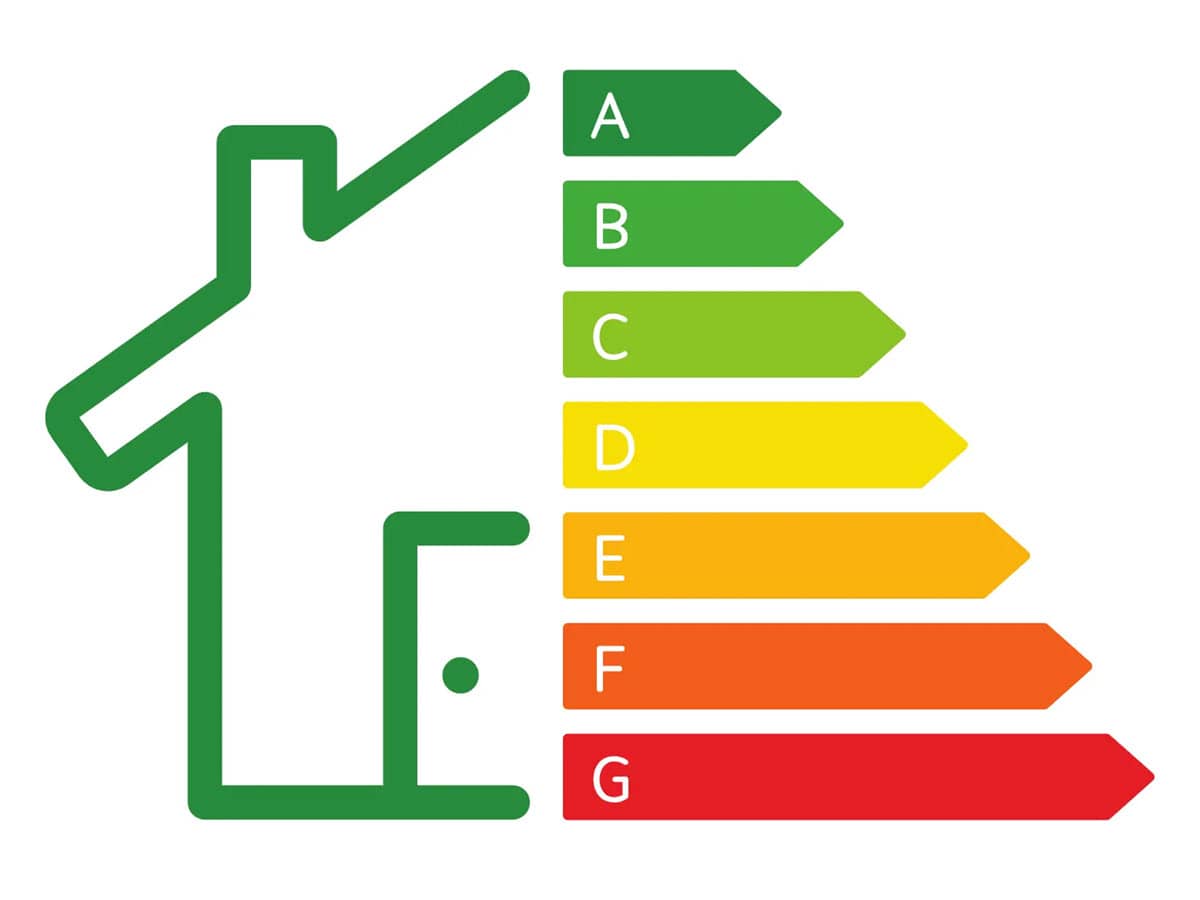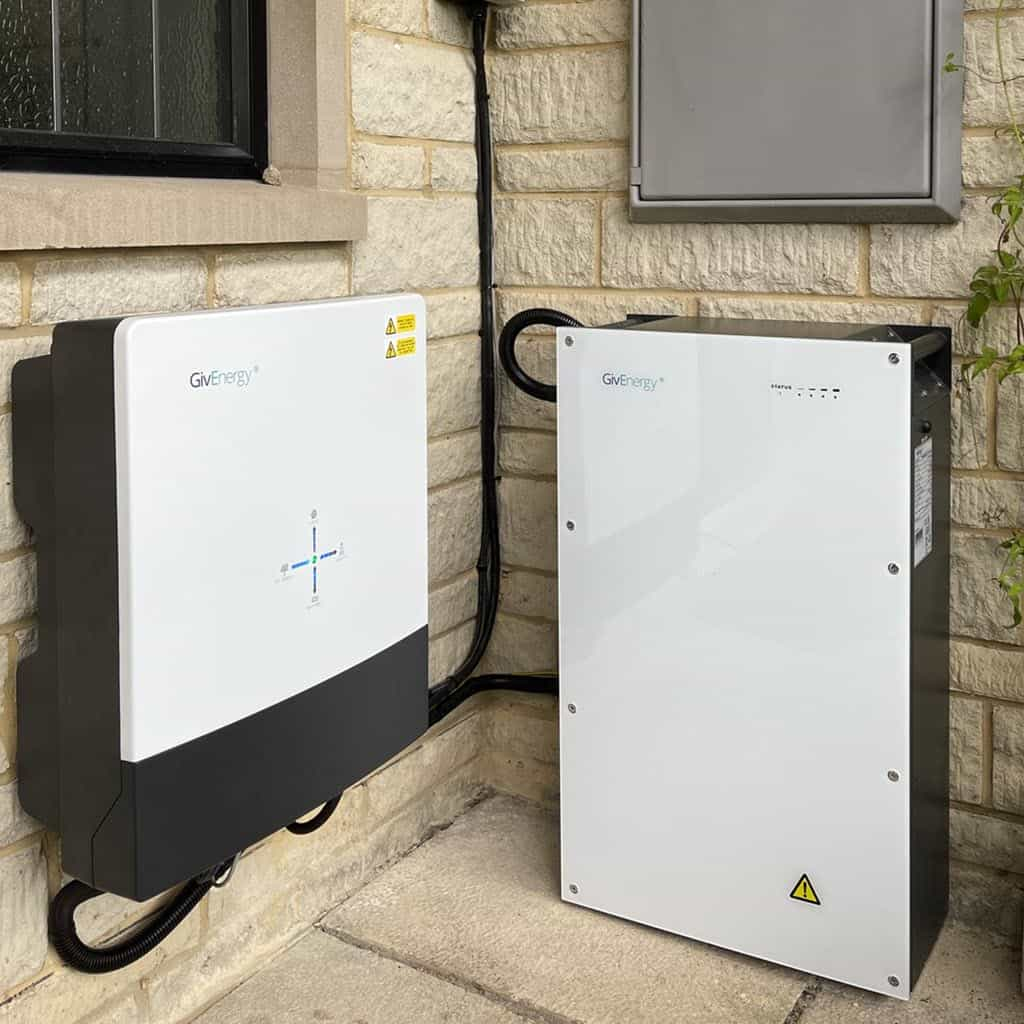If you’re a homeowner, landlord, or tenant in Edinburgh, you’ve likely come across the term Energy Performance Certificates (EPC). Understanding what an EPC is and why it’s important can help you manage your property more effectively. In this quick guide, we’ll answer the most frequently asked questions about EPCs and provide insights into how they affect you.
EPC updates: Key changes and deadlines explained
Recent changes to energy performance certificate (EPC) regulations have brought significant updates for landlords and homeowners. These changes aim to improve energy efficiency across properties in Edinburgh and Scotland, with revised deadlines and evolving standards to consider.
Revised deadlines for PRS properties
Originally, all private rented sector (PRS) properties were expected to achieve a minimum EPC rating of C by 2025 when new tenancies began. However, this deadline has now been extended. The updated requirement mandates that all PRS properties meet the EPC C rating by the end of 2028, offering landlords additional time to implement necessary energy efficiency improvements.
Deadlines for homeowners too…
Homeowners are not exempt from these updates – they have until 2033 to ensure their properties meet the new minimum energy efficiency standards. By 2045, Scotland aims to phase out polluting heating systems, such as gas, oil, and LPG boilers, making way for renewable energy and cleaner technologies like heat pumps and electric high retention storage heaters.


What is an Energy Performance Certificate?
An EPC (Energy Performance Certificate) provides information about the energy efficiency of a property. It includes an energy efficiency rating on a scale from A (most efficient) to G (least efficient). The EPC certificate also makes recommendations on how to improve the property’s energy efficiency and lower utility costs.
What is an EPC rating?
An EPC rating indicates how energy efficient a property is, with ‘A’ being the highest rating and ‘G’ the lowest. This rating is calculated based on factors such as insulation, heating systems, and lighting. A higher rating means the property is more energy efficient, which can translate into lower energy bills and a reduced carbon footprint.
How do I get an EPC certificate in Edinburgh?
To obtain an EPC certificate, you’ll need to hire an accredited domestic energy assessor. They will visit your property, assess its energy efficiency, and provide a certificate. You can book an EPC here or visit the EPC Register website to find other registered assessors in Edinburgh.
How long does an EPC certificate last?
An EPC certificate is valid for 10 years from the date of issue. However, if you make significant energy efficiency upgrades to your property, you may want to get a new certificate to reflect the improved rating.
How much is an EPC Certificate?
The cost of an EPC certificate in Edinburgh typically ranges from £60 to £120, depending on the size and type of property. It’s worth shopping around and comparing prices from different assessors to get the best deal. It is also worth noting the cheaper price is not always the best, you need an accurate EPC certificate so its wise to choose a well-known company.
What is my EPC rating?
You can find your current EPC rating on your property’s certificate. If you’ve misplaced it, you can search for your property on the EPC Register using your postcode. This database contains all valid certificates issued in the UK. If you are having trouble understanding your EPC, give Mark or Lisa a call on 0131 258 2750 and they will be happy to talk through the certificate.
How to improve your EPC rating?
Improving your EPC rating involves making energy efficiency upgrades. Some effective measures include:
- Installing better insulation (e.g., cavity wall, loft, or floor insulation)
- Upgrading to a modern, energy-efficient boiler
- Installing modern and more efficient electric high retention storage heaters
- Adding double or triple glazing to windows
- Installing energy-efficient LED lighting
- Installing renewable energy systems like solar panels or battery storage where you can take advantage of the off-peak rate by charging at night and utilising the energy during the peak periods.

Do you need a new EPC when changing tenants?
If your property already has a valid EPC (issued within the last 10 years), you do not need a new certificate when changing tenants. However, if the certificate has expired or you’ve made upgrades, obtaining a new one is advisable.
How to change an EPC rating from D to C?
Moving an EPC rating from D to C requires targeted improvements. Some of the common improvements include:
- Upgrading insulation levels.
- Switching to energy-efficient appliances.
- Installing a smart thermostat live Hive or Nest.
- Replacing old heating systems with modern alternatives like Dimplex high retention storage heating, which will help you to comply with the repairing standard.
The recommendations section of your current EPC certificate will highlight specific upgrades that can help achieve a better rating.
What does an Energy Performance Certificate involve?
When an energy assessor visits your property, they will examine:
- The type of construction and insulation installed in your property.
- The efficiency of your heating system and controls.
- Window glazing types.
- Fixed lighting and energy-efficient appliances.
After the assessment, they compile their findings into the EPC report, which includes your property’s energy efficiency rating and recommendations for improvement.
Why is an EPC important?
An EPC is essential for:
Legal Compliance: An EPC is required when selling, renting, or building a property
Energy Savings: Following the recommendations on the certificate can lead to lower energy bills.
Tenant Attraction: Properties with better ratings are more attractive to eco-conscious tenants.
Resale Value: Energy-efficient homes often fetch higher prices in the market.
Summary and next steps
If you’re a landlord in Scotland an Energy Performance Certificate (EPC) is an important part of your properties certification. More tenants are now looking to rent homes with higher ratings as a way to keep their utilities bills manageable. Regulations are also encouraging homeowners to work on improving the efficiency of their home too.
If you’re looking for professional guidance or need an EPC certificate in Edinburgh, then get in touch with our team here at Ideal Electrical. Improving your property’s energy efficiency benefits you and the environment.
We hope you’ve found this article useful.
Mark and the IES team

